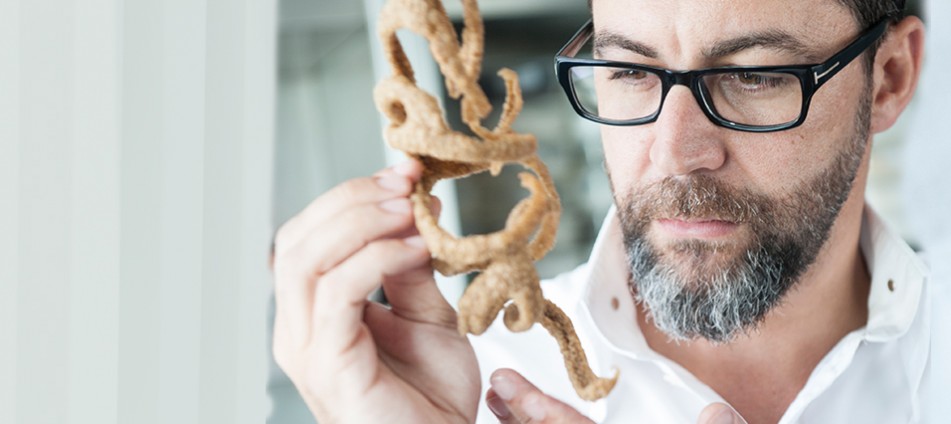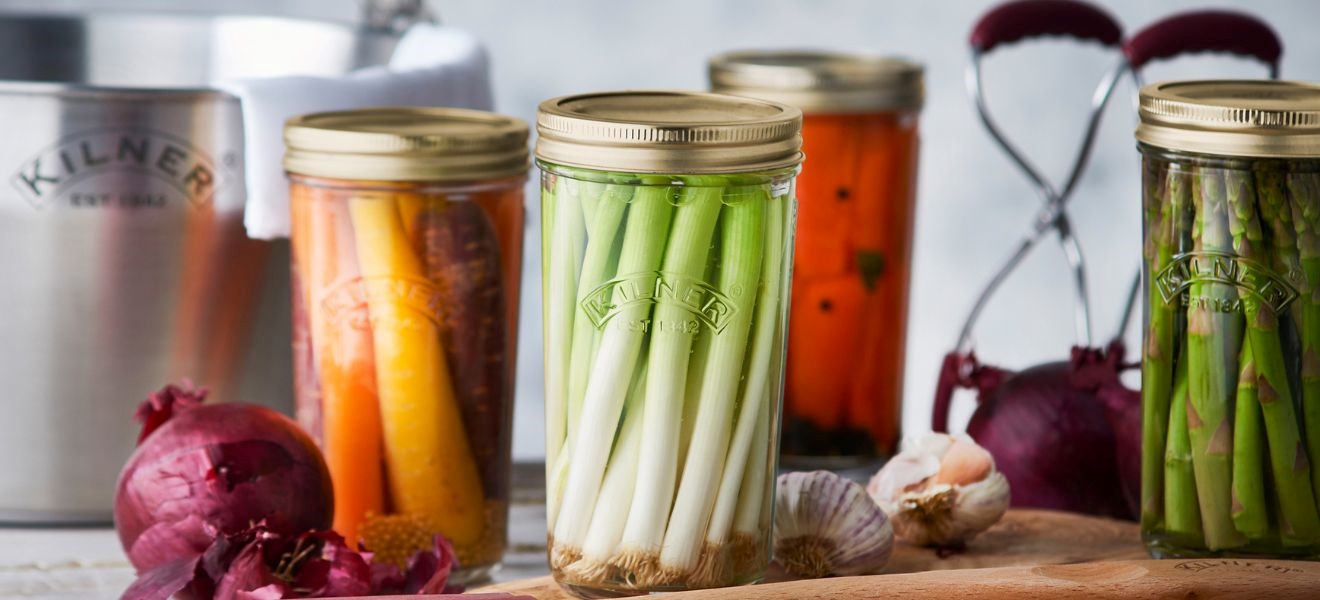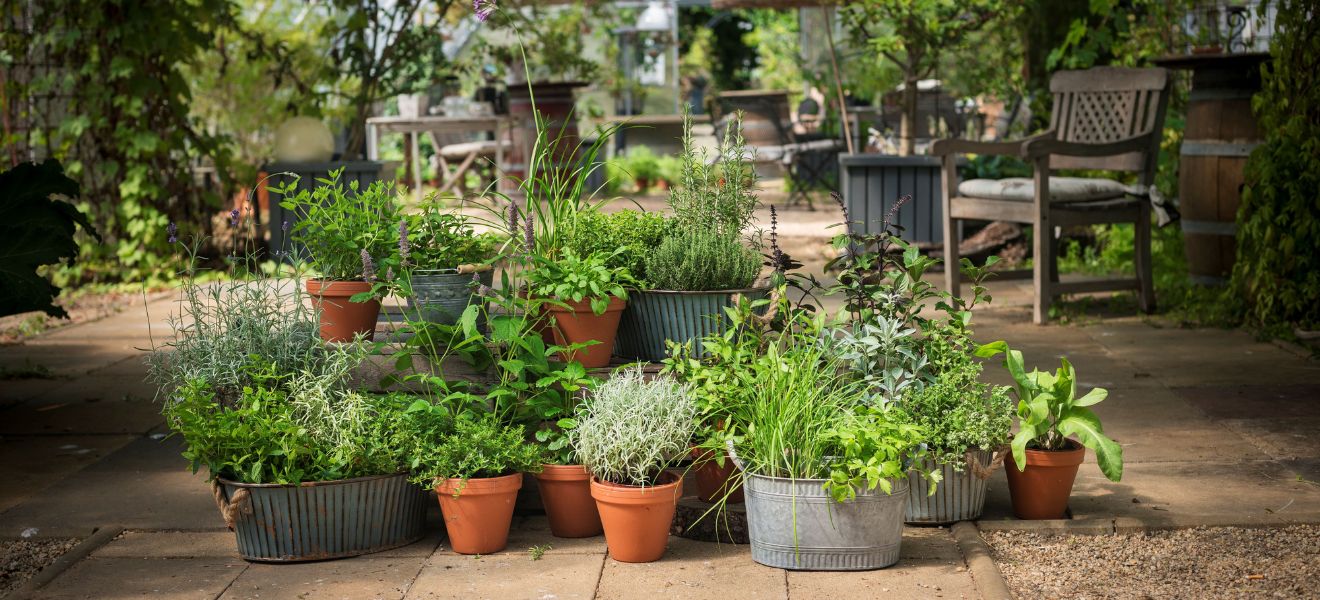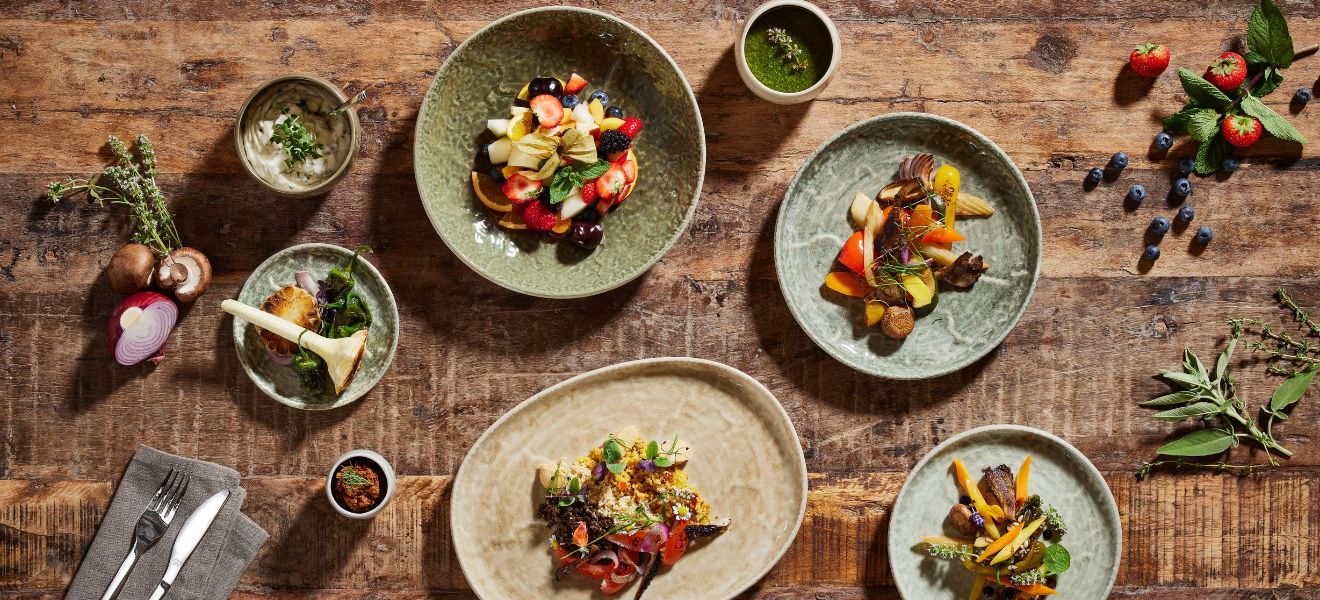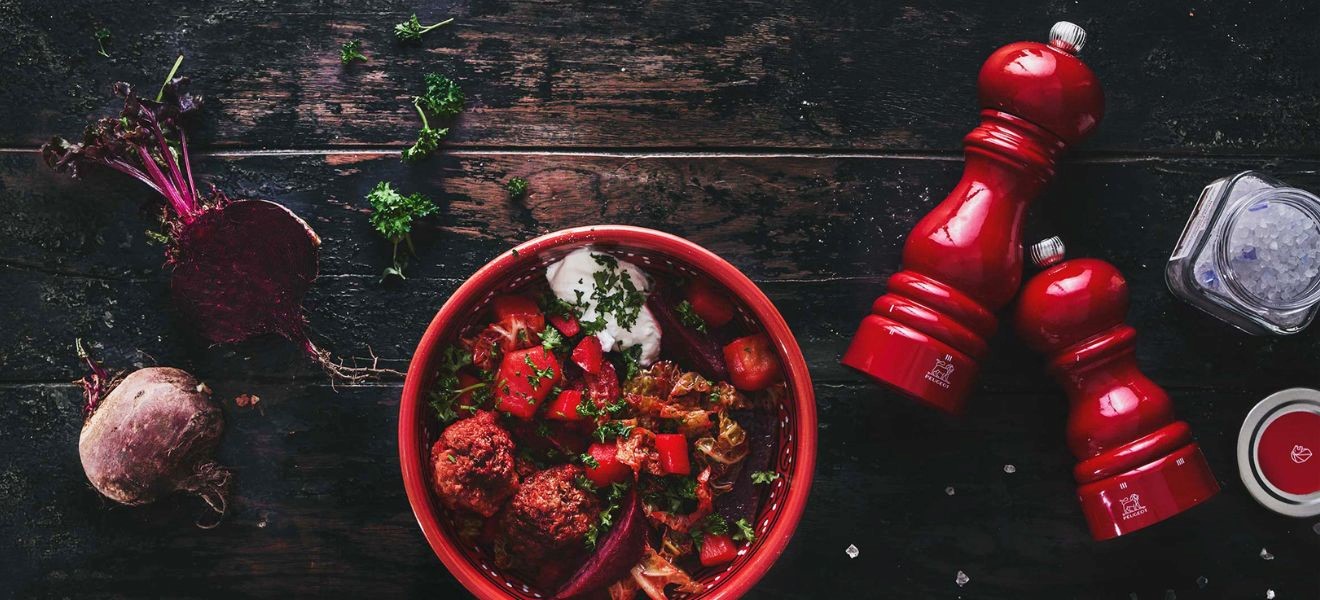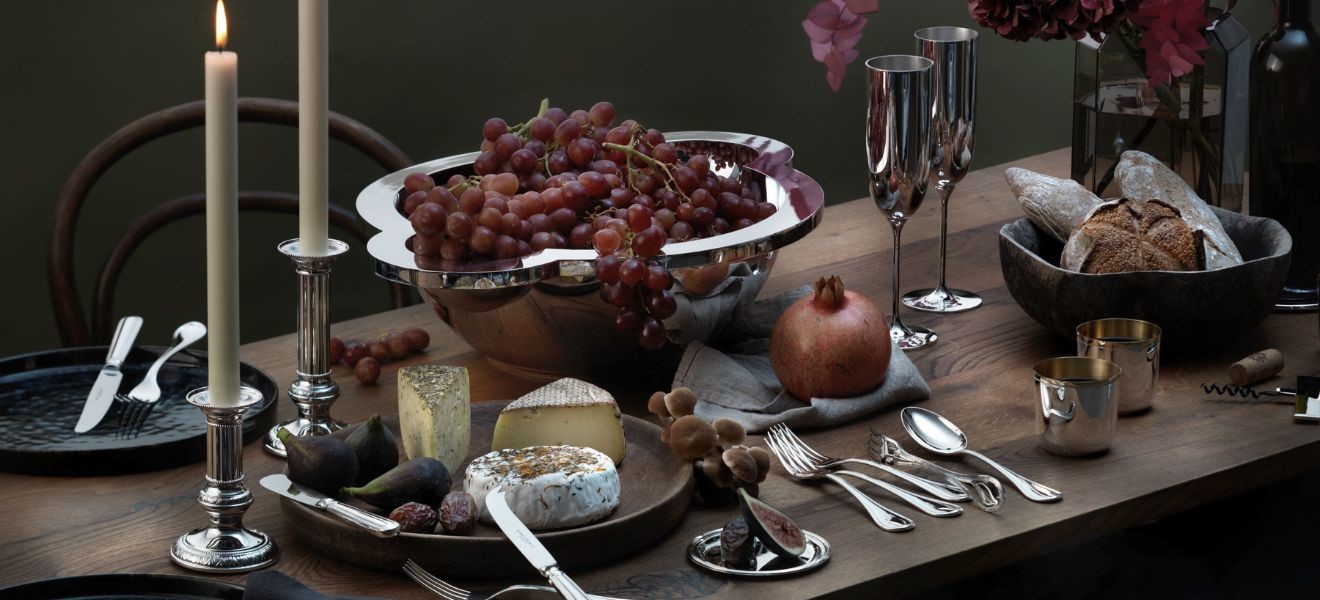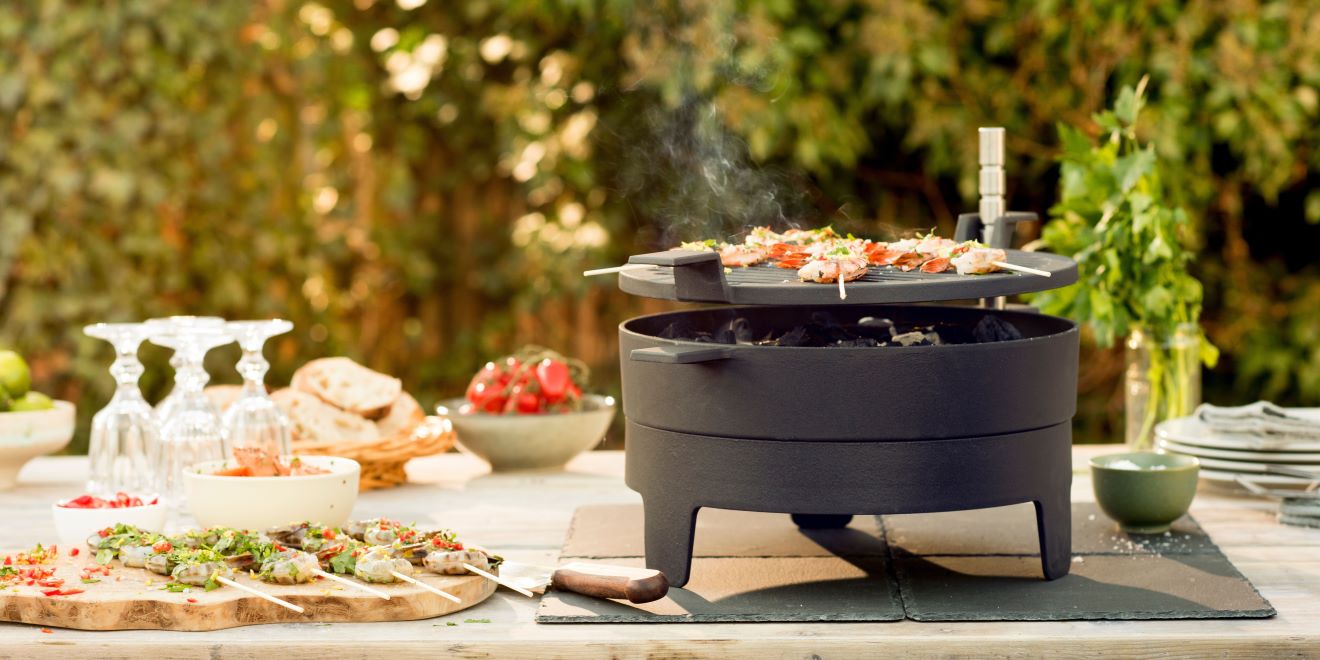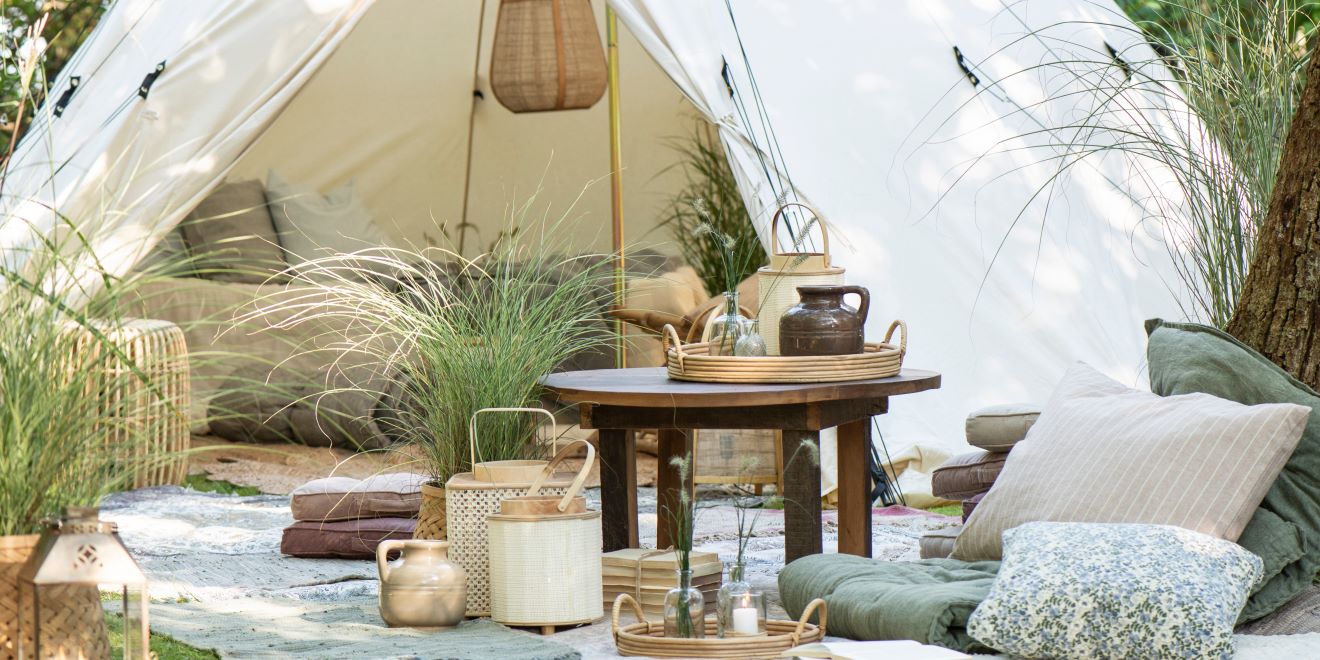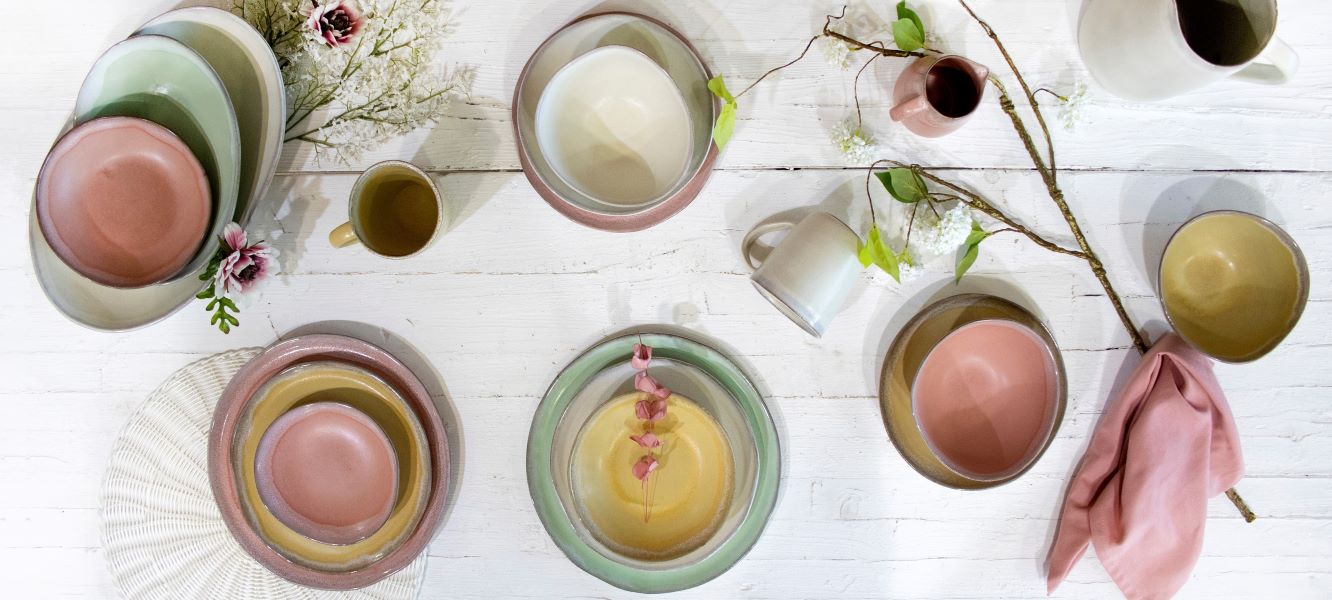Quique Dacosta is not someone to rest on his laurels. This 3-Michelin-star chef, whose restaurant in the Spanish town of Denia is rated one of the 50 best in the world, wants to leave his mark. At Ambiente he told us how he intends to do this and how he sees the role of kitchen and table design.
Son of tradition
The company on whose behalf Quique Dacosta came to Frankfurt is famous worldwide for its first-class knives. According to chef Dacosta, these are the most important basic tool in any kitchen. But it’s not just the sharp blades produced by “Arcos” that impress the internationally renowned Spaniard: “Food critics describe me as an avant-gardist. And they’re right,” says Dacosta, who is renowned for his experimental creations. “However, my ambition to create new things has grown from the fact that I am a son of tradition. I therefore feel particularly at home as a brand ambassador for a family manufacturing business whose history goes back to 1745.”
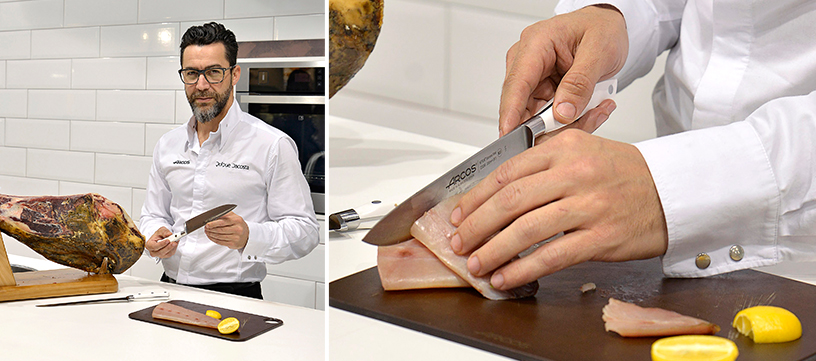
Values of yesterday, valuable ideas of tomorrow.
Not only are tradition and innovation not contradictory concepts for Quique Dacosta, “they are in fact interdependent.” This can be translated both to the kitchen and the field of design “as long as you treat the achievements of our forebears with respect. If you have something that is good and has functioned well for generations, you don’t have to reinvent it. But, everything can be optimised”. You can make better knives, pots and pans today than was possible 100 years ago, and you can prepare classic dishes in a contemporary manner, “but only if you don’t try to replace the factors that determine quality. I am not against progress. On the contrary! But there are craft processes, regional products and proven methods that cannot be replaced. A good chef knows that. And a good designer knows that, too.”
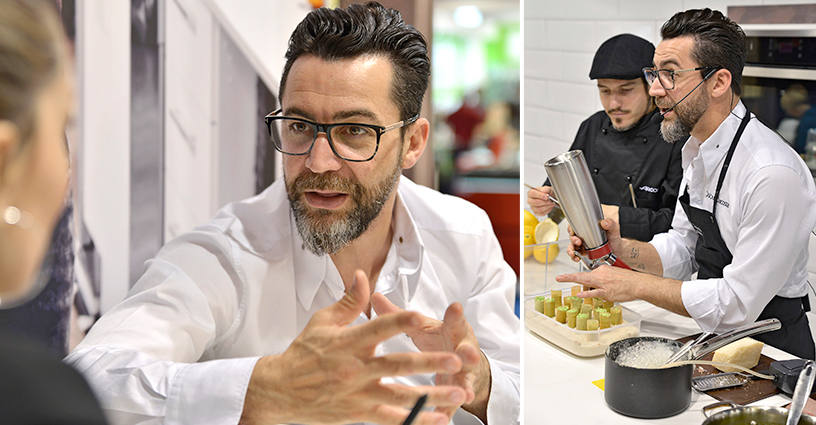
Progress through fusion
“Tradition is not something static. It evolves. Cultural exchange plays an important role in all new developments,” states Quique Dacosta. “Take, for example, the Mediterranean culture of food. It has developed over the course of history from a diverse range of influences. The basic ingredients for our most important dishes, such as potatoes, tomatoes, citrus fruit and rice, come originally from America and Asia. Basically, our cuisine – our table and stove tradition – is the result of fusion. And this is a continuing process.” The master chef uses this knowledge every day in his work. For instance, his creations for his current menu, which he presents on Facebook under the working title ‘Fronteras’ (boundaries), includes modern crossover interpretations of classics such as paella and the popular Italian export ‘carbonara’. So what does he do differently? He sums up his delicate culinary works of art with a very understated definition: “I always leave a window open in order to let in a fresh breeze.”
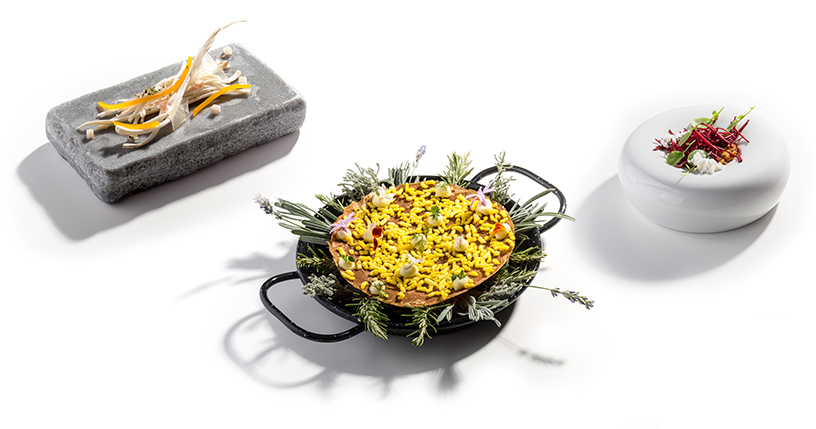
Made in Germany
Dacosta has naturally felt some of this ‘fresh breeze during his visit to Frankfurt. He laughs: “The local dish ‘Grüne Soße’ (green sauce) is great. But I don’t understand why you mix your cider with water here in Frankfurt.” However, he considers that German cuisine has what it takes to be an export hit in the same way as German design, which has a reputation for ultimate quality and functionality. “And for a very special aesthetic and a unique stylistic idiom,” emphasises the master chef. “And this impresses not just technology-focused design enthusiasts and purists. A simple, reduced design offers numerous possibilities for presentation. Particularly when it comes to table decorations and presenting food. Creativity is demanded here. And passion! And that’s the most important ingredient for any chef, any designer, any creator. In order to create sustainable things for the coming generations. In order to leave a mark.”
